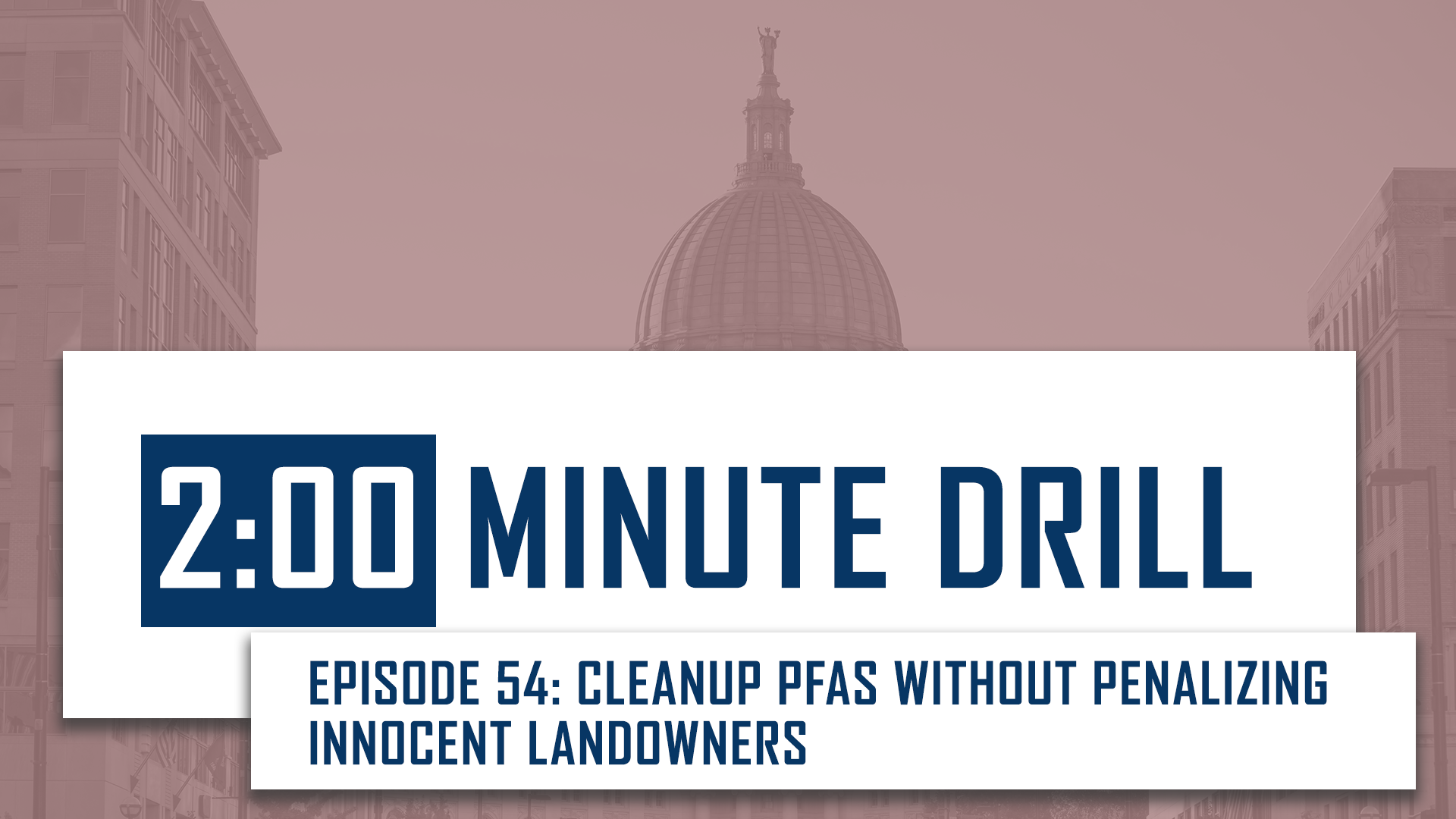Survey Shows Employers Support Policies to Reduce Taxes, Rein in Health Care Costs
MADISON – A recent survey found Wisconsin employers continue to struggle with higher costs thanks to historic inflation and a workforce shortage that continues to drive up labor costs. When asked in the Summer 2023 Wisconsin Employer Survey what state government could do to help, businesses strongly recommended policies that would reduce the tax burden, make health care more affordable and rein in burdensome regulations.
On taxes, Wisconsin continues to be uncompetitive nationally – and with its neighboring states. Wisconsin has the eighth-highest top individual income tax rate at 7.65 percent, and that rate is higher than all but one other state in the Midwest. Even Illinois has a lower individual income tax rate just under five percent.
According to the survey, Wisconsin businesses almost universally (92%) support reducing the top individual income tax rate from 7.65 percent down to five percent.
Health care costs also are hurting Wisconsin’s competitiveness. The state has the fourth highest health care costs in the nation. Respondents to WMC’s Wisconsin Employer Survey support multiple ways to bring down health-care-related expenses.
First, a strong majority of businesses support requiring health care providers to provide transparency in their pricing so consumers can make purchasing decisions based on value. Second, employers would like to see Wisconsin follow suit of 44 other states by implementing a fee schedule for workers compensation to ensure hospitals cannot unfairly charge employers higher prices.
To combat another top public policy issue facing Wisconsin – the labor shortage – the vast majority of employers are supportive of measures like investing in choice and charter schools (88%), funding a coordinated talent attraction campaign that would encourage workers to move to the state (91%) and increasing funding for apprenticeships, dual enrollment credits and work-based learning opportunities for high school students (98%).
The Wisconsin Employer Survey asked a number of other policy-focused questions related to energy.
As more people purchase electric vehicles, 88 percent of respondents support updating state law to allow private businesses to offer electric vehicle (EV) charging services to consumers for a fee. However, that same percentage opposes allowing local governments to use taxpayer subsidies to compete against private businesses for EV charging.
Additionally, nearly all respondents agree that the free market – not government regulators – should determine how to deliver the most affordable and reliable energy to Wisconsin’s economy.
Click here to read the survey report on public policy.
###





